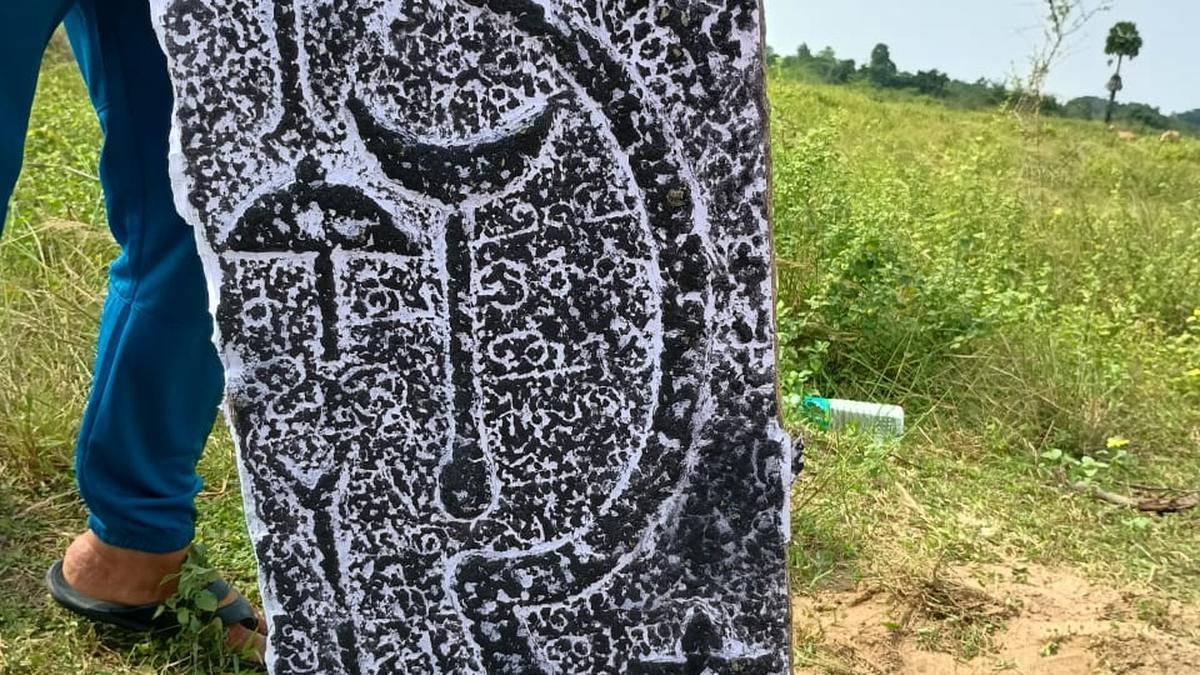
ASI copies 10th century Chola-period merchant guild inscription in Pudukkottai
The Hindu
ASI deciphers Chola-period merchant guild inscription in Pudukkottai district, revealing ancient trade practices and historical significance.
The epigraphy division of the Archaeological Survey of India (ASI) on Tuesday deciphered a Chola-period merchant guild inscription found at Pilippatti village in Illuppur taluk in Pudukkottai district.
Acting on information provided by Karu. Rajendran, a local archaeology enthusiast, ASI experts conducted a survey in Pilippatti village and found a significant merchant guild inscription in an agricultural field, said official sources.
The team copied the inscription on maplitho paper using the estampage method. The merchant guild inscription mentions trade groups of various territorial divisions, including Ainurruvars of Mangala Nadu, Puramalai Nadu, Poongundra Nadu, Manalur Nadu and Virapattinam of Kodumbalur, officials said.
The inscription dates back to the 10th century and was probably installed during the reign of either Parantaka Chola or Uttama Chola. The inscription has various symbols including Ankush (sharp pointed hook then used to control elephants), Trishul and lamps.
According to experts, trade played a significant role, both during the ancient and medieval periods in the Tamil landscape. Several trade guilds flourished during the Chola period. Members of the trade guilds convened their meetings to make decisions and engraved them as inscriptions and installed them in public places.
The ASI team has also copied nearly 10 inscriptions from the walls of Pilavaneswarar temple in Virachilai in Tirumayam taluk. These 11th century inscriptions of Sundarapandiyan and Veerapandiyan mention donations given to the temple.

 Run 3 Space | Play Space Running Game
Run 3 Space | Play Space Running Game Traffic Jam 3D | Online Racing Game
Traffic Jam 3D | Online Racing Game Duck Hunt | Play Old Classic Game
Duck Hunt | Play Old Classic Game











